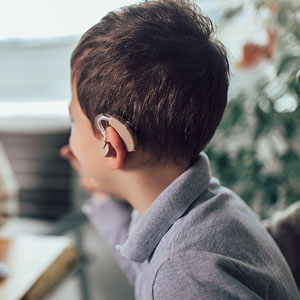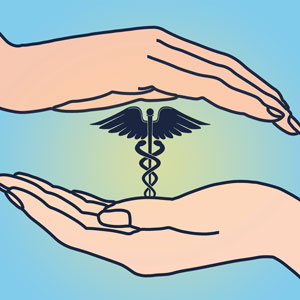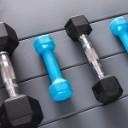-
Caregiving With Confidence
Take a TimeoutA break from routine can help you be a better caregiver.
by Aimee Swartz
-
Healthy Habits
Nutritional ValueNutrients supplied by food may have advantages over nutritional supplements.
by Cameron Walker
-
Healthy Habits
Stressed OutAddressing chronic stress may reduce cancer risk and improve outcomes.
by Jane C. Hu
-
Sound Advice
Fall 2019vol 09 | issue 03
Experts offer advice on feeling confident as a caregiver, adjusting to changes to day-to-day-life, and making the best use of limited energy. -
From the Editor-in-Chief
Value-Based Cancer Care: Paying for PerformanceThe Centers for Medicare & Medicaid Services implements incentive programs to reward quality care.
by William G. Nelson, MD, PhD
-
Forward Look
Treatment for Kids’ Brain Tumors Can Cause Hearing ProblemsSevere hearing loss may result in reading and learning difficulties.
by Esther Landhuis
-
Integrative Oncology
Some patients are benefiting from using nontraditional therapies alongside conventional treatments like surgery, chemotherapy and radiation.
by Stephen Ornes
-
Your Cancer Guide
Get Help at WorkCome up with a plan to keep work projects moving forward during treatment.
by Hester Hill Schnipper
-
What to Do About Lymphedema?
In a randomized study, weight loss and home-based exercise did not improve lymphedema symptoms in breast cancer survivors.
by Anna Azvolinsky
Cancer Talk
Treatment Combination Improves Survival in EGFR-positive Lung Cancer
Adding chemotherapy to targeted therapy improves outcomes for people with advanced EGFR-positive non-small cell lung cancer.
by Sandra Gordon
Lessons From 20 Years Living With CancerMultiple myeloma survivor Jonathan Gluck reflects on uncertainty, and the scientific progress that has kept him living with cancer for more than two decades.
by Eric Fitzsimmons
The Enduring Importance of Cancer Disparities ResearchOpening session from AACR conference highlights how perseverance and adversity have informed cancer disparities research over the years.
by Eric Fitzsimmons
Most Cancer Survivors Don’t Meet Healthy Diet GoalsDespite research linking fruits and vegetables to cancer survival, many people do not change their eating habits after diagnosis.
by Darlene Dobkowski















